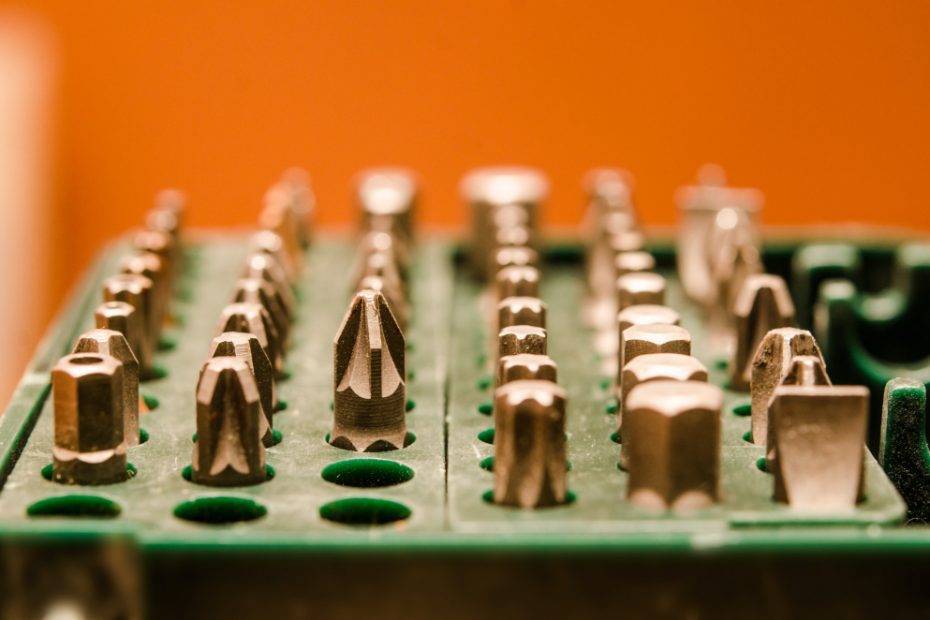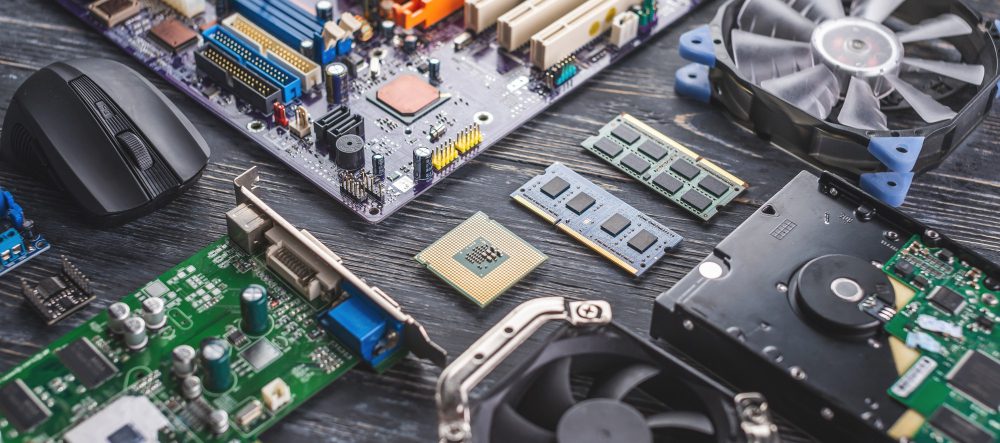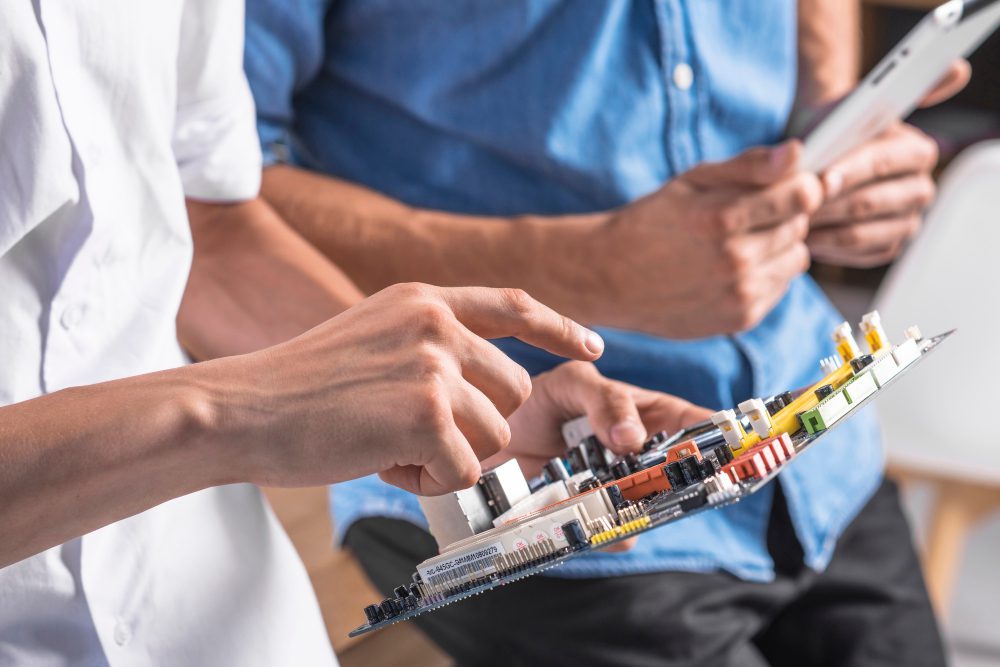Are Motherboard Screws Special?
In the world of computer hardware, motherboard screws may seem like a mundane and overlooked component. However, these seemingly ordinary screws play a crucial role in the assembly and stability of a computer system. While they may not be unique in their design, they are specialized for the purpose of securing the motherboard firmly in place. In this article, we will explore the importance of motherboard screws and why they are indeed special.
The Purpose of Motherboard Screws
The motherboard is the central component of a computer system, acting as the main circuit board that connects all other hardware components together. It is essential to ensure that the motherboard is securely fastened inside the computer case to prevent any movement or flexing that could damage delicate connections or lead to system instability.
Motherboard screws are specifically designed to provide this necessary stability. They come in different sizes and types to fit the various mounting holes on the motherboard and the corresponding standoffs (raised spacers) on the computer case. These screws are typically made of metal, often brass or stainless steel, to ensure durability and strength.
Types of Motherboard Screws
There are typically two types of screws used for mounting motherboards: standard ATX screws and M3 screws.
- Standard ATX screws: These screws are commonly used in computer cases designed for full-size ATX motherboards. They have a coarse thread and a larger diameter compared to M3 screws. Standard ATX screws are typically silver or zinc-coated.
- M3 screws: M3 screws are smaller in size and have a finer thread. They are commonly used for mounting mini-ITX or micro-ATX motherboards, which require fewer mounting points. These screws are often black or brass-colored.
The Importance of Correct Screw Usage
Using the correct motherboard screws is crucial for several reasons:
- Preventing damage: By using the appropriate screws, you can avoid causing damage to the motherboard or the computer case. Using screws that are too long may result in puncturing the circuit board, while screws that are too short may not provide sufficient stability.
- Avoiding electrical shorts: Motherboard screws are designed to be non-conductive to prevent any accidental contact with electronic components on the motherboard. Using standard metal screws, such as those used for wood or general purposes, can pose a risk of electrical shorts that could damage the motherboard or other hardware.
- Ensuring compatibility: Different motherboards and computer cases may have specific requirements for screw size and placement. It is important to consult the documentation provided by the manufacturers to determine the correct screws to use.
Expert Insights
“Motherboard screws may seem insignificant, but they have a significant impact on the overall stability and reliability of a computer system. As a technician, I have witnessed cases where improper screw usage resulted in damaged motherboards and even complete system failures. It is essential to pay attention to these small details during the assembly process.”
– John Smith, Computer Technician
Conclusion
While motherboard screws may not appear extraordinary at first glance, their importance should not be underestimated. The specialized design of these screws ensures the secure installation of the motherboard, preventing potential damage and providing stability for the entire computer system. Using the correct screws is crucial to maintaining the integrity of the components and ensuring the smooth operation of the computer.



